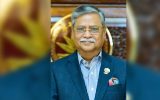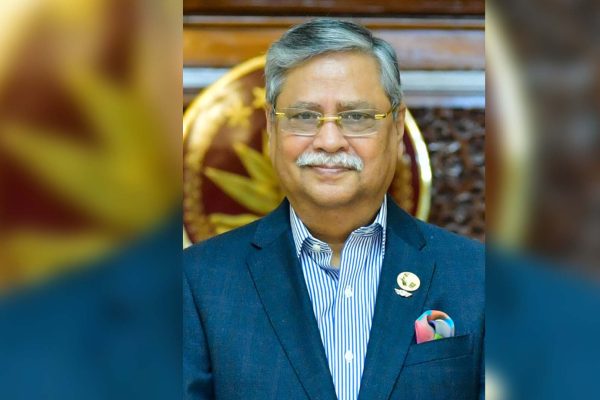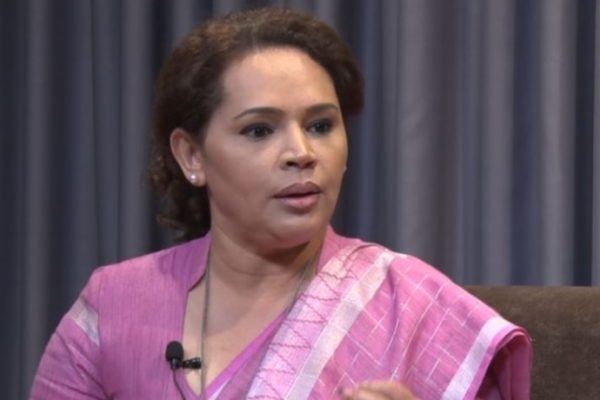COLOMBO : Having celebrated 50 years of diplomatic relations, Bangladesh and Sri Lanka share friendship, goodwill and neighbourliness, according to Tareq Mohd. Ariful Islam, the High Commissioner for the People’s Republic of Bangladesh in Sri Lanka.


“Bangladesh and Sri Lanka, as close South Asian neighbours, have maintained a very good relationship in bilateral, regional and international forums,” he said, on a recent edition of LMDtv.
The frequent mutual visits by political delegations and bilateral instruments, and the multitude of commonalities between the two countries, are complemented by the strong people-to-people connect which, he said, is at the core of the relationship.
He elaborated with examples: “Our business ties are very strong; a lot of Sri Lankan business houses are running successful operations in Bangladesh while we are one of the top users of the Colombo port for transhipment of our export and import items, and our defence cooperation is good.”
Faced with contemporary global issues, the high commissioner emphasised the importance of adopting common approaches, and helping each other mitigate challenges such as public health crises, food insecurity, climate change and migration.

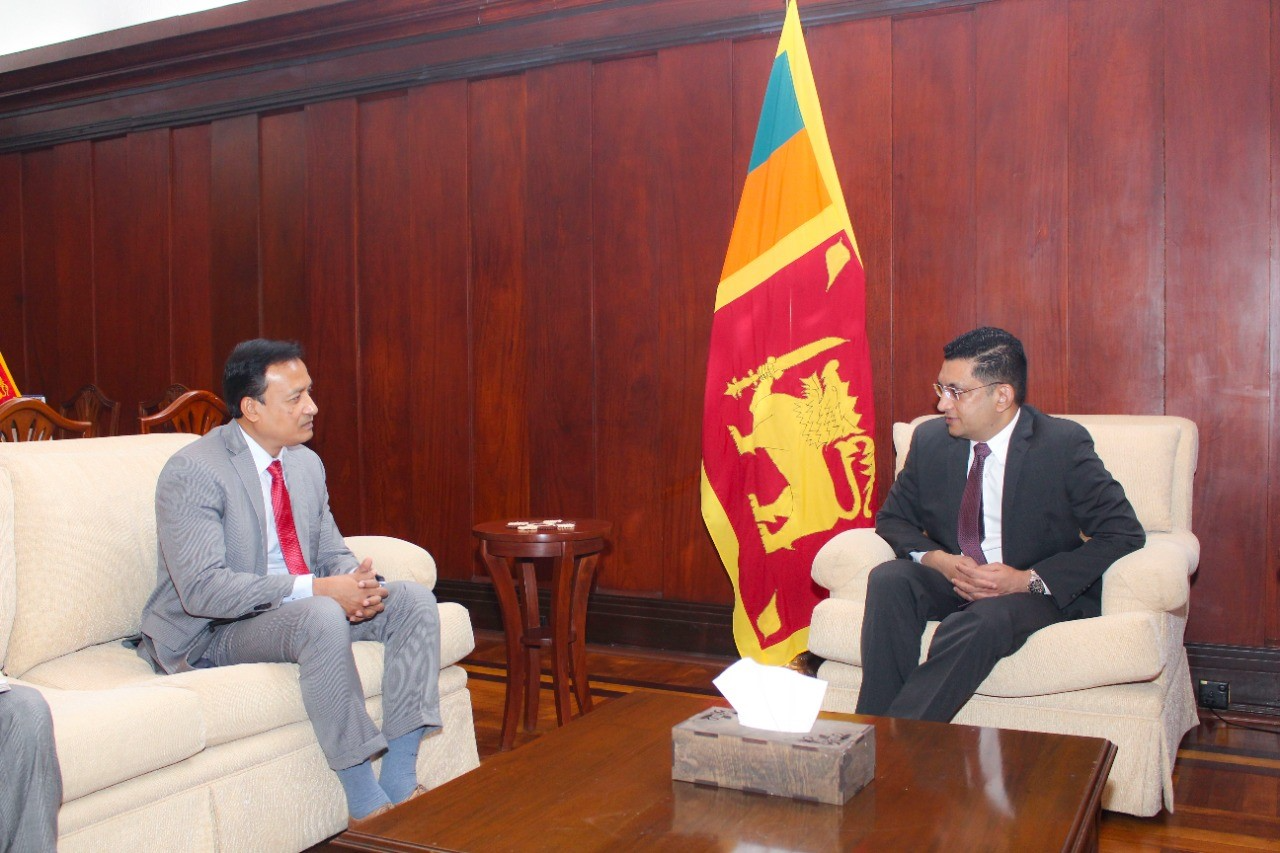
“We’re also mindful that we have to achieve more in the future,” he cautioned, adding that there is scope for improvement.
To take the relationship to the next level, he recommends strengthening the existing and traditional sectors of cooperation – such as connectivity, shipping, trade, public health, education and investments – while opening up new areas of cooperation such as deep sea fishing, tourism and IT outsourcing.
Speaking on the economic crisis that Sri Lanka is facing, he remains positive, asserting that trade relations between the two countries have not been impacted too much – the trade baskets are composed mostly of essential items and not luxury goods, he noted.
Nevertheless, he acknowledged that the foreign currency crisis may have had some impact on the trade relationship since it has affected the confidence of Bangladeshi traders – especially those intending to do business with Sri Lanka for the first time.


On the contrary, he maintained his optimism and shared a conviction that Sri Lanka will witness an economic turnaround soon. For the High Commissioner for the People’s Republic of Bangladesh in Sri Lanka, the connect between the two countries’ people is strong.
He explained: “Our two peoples find natural affinity in each other because of the civilisational linkages, shared values, cultural similarities, development aspirations and even identical development challenges.”
Islam also stressed the negative commonalities that Sri Lanka and Bangladesh face, being developing nations. He spoke about how the two countries are disproportionately affected by stress factors; and how, when it comes to addressing challenges, they “stand on very weak ground because of a lack of endowments and capacity.”
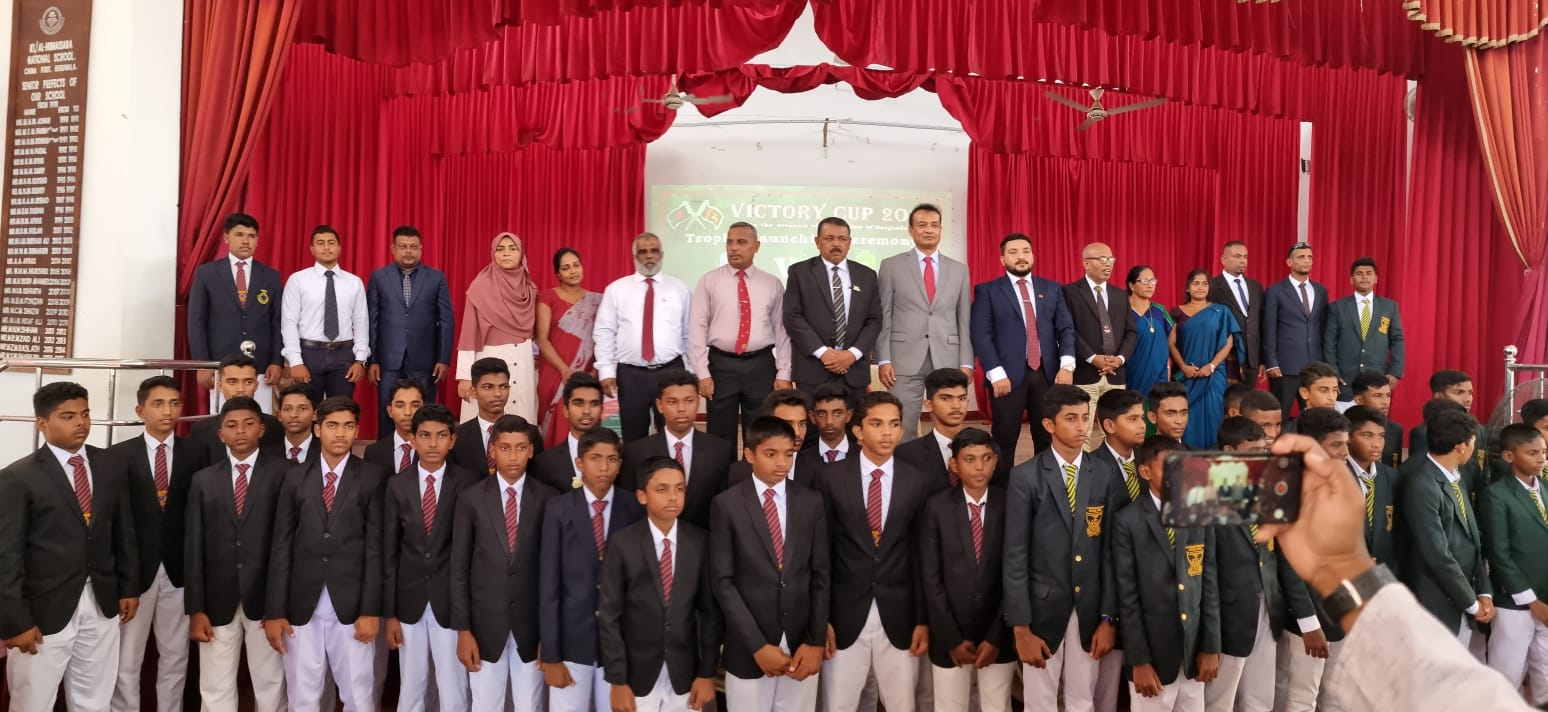
And he shared some recommendations for developing countries to counter challenges: “We have to build our resilience; we have to find indigenous and homegrown solutions so that we can pursue risk management – and prevent, respond and recover from global challenges.”
He continued: “Secondly, we should focus on capacity building; and since we do not have the natural or financial endowments, we have to seek the support of development partners. Thirdly, we should focus more on the vulnerable and marginalised sections of the population.”
In addition, he mentioned the importance of sharing best practices among countries, given the similarities of ground realities. The high commissioner also cited the need to be more engaged in multilateral systems “to raise our collective voice, to ask for our legitimate rights and demands.”
“We should develop a stronger, greater alliance among developing countries so that our voices are heard at the international forum more loudly,” he concluded.(LMDTv)


